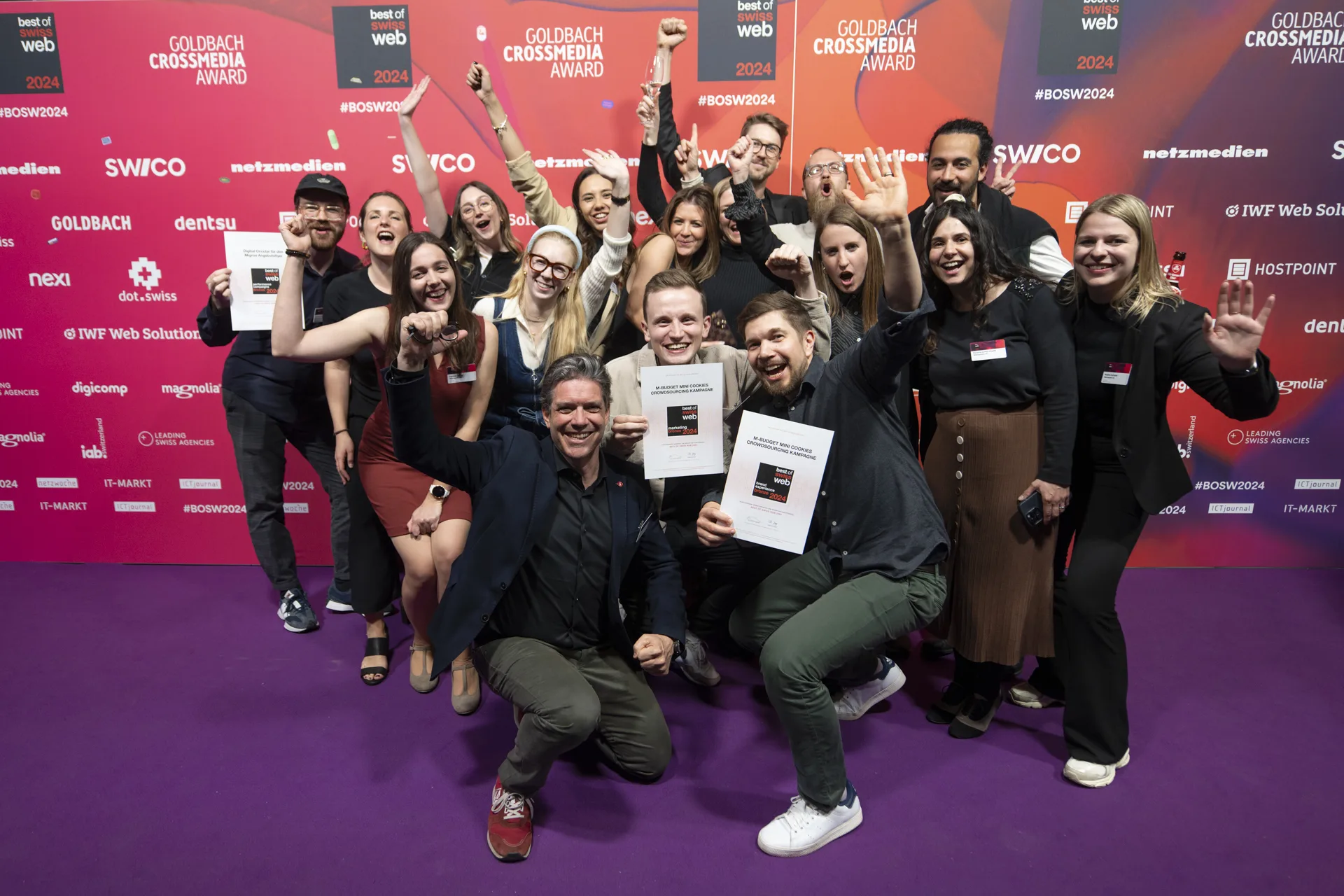
Insights
Explore the Webrepublic universe at a glance: expert insights, trend analysis, behind-the-scenes moments, and the latest updates.
Spotlight
Subscribe to our newsletter and gain exciting insights into current marketing topics and industry news.
Latest insights
Switzerland’s Act on Federal Data Protection (FADP): What You Need to Know
YouTube and Connected TV: Why and How TV Advertising Needs to Be Rethought
Attention Economy in Digital Marketing: Why You Should Focus More on Attention
How to Build Customer Relationships with Automated Email Marketing
“All marketers need solutions that work without cookies”
The only marketing newsletter you’ll ever need
- Stay up-to-date with the latest industry news and trends.
- Get inspiring insights into current marketing topics.

